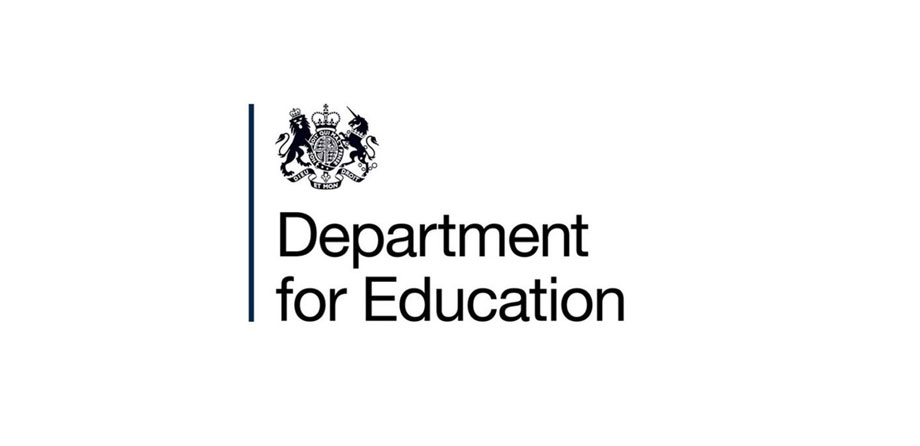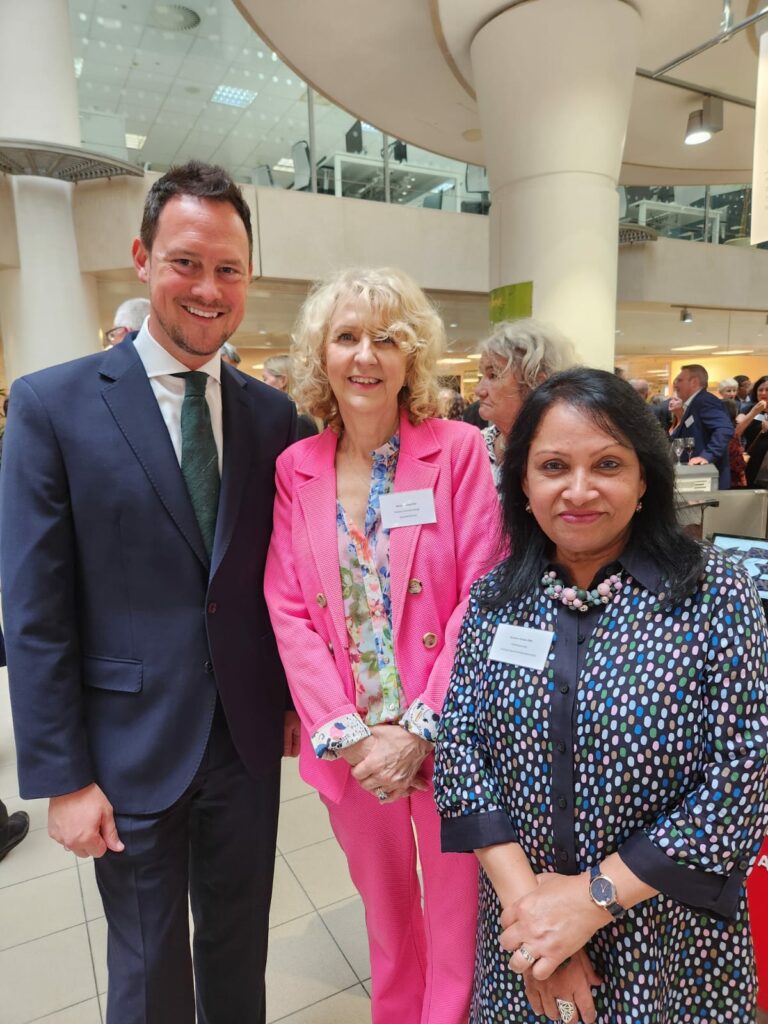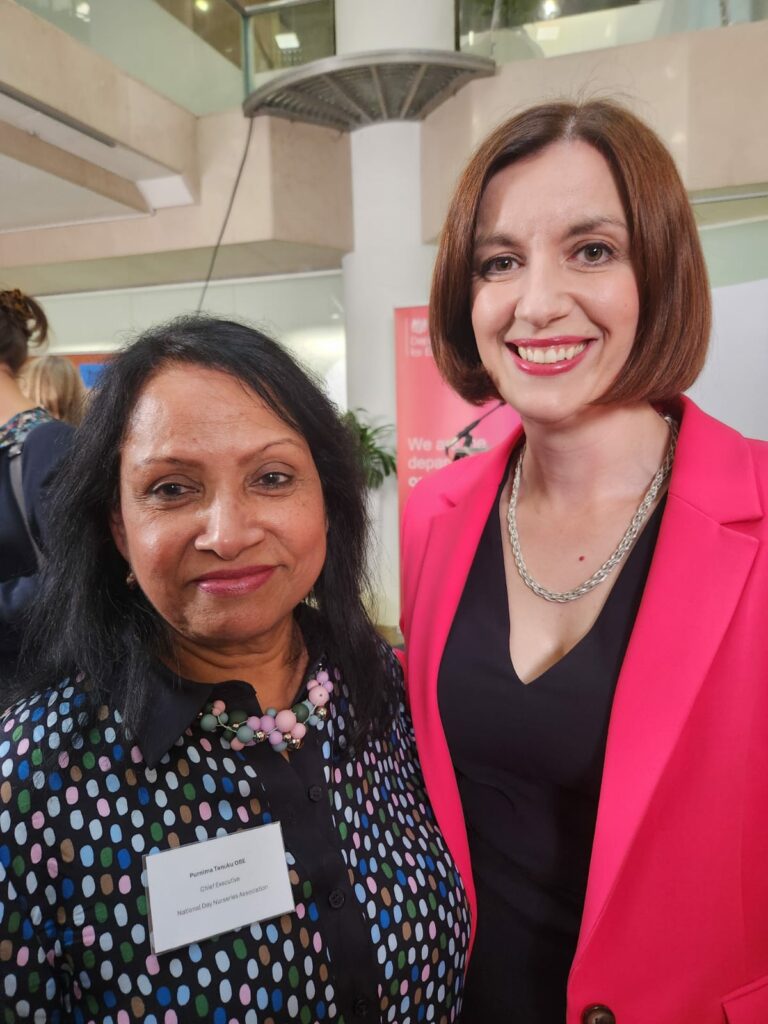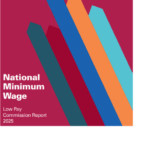
Stephen Morgan MP officially Early Education minister
The Department for Education (DfE) has officially confirmed Stephen Morgan MP as the Minister for Early Education this week (23 July).

In its pre-election manifesto, NDNA called on the new Government to change the language around early years and childcare to include the word education to reflect the importance of this stage of a child’s development and the fact that learning starts from birth. It also raises the status of the workforce who support children’s early learning and development.
Among his brief, the Portsmouth MP will be responsible for early years education including children with SEND, childcare and the home learning environment, early years workforce and early communication skills.
The other ministers within the DfE have also been given their official titles and briefs including:
- Janet Daby MP who is the new Minster for Children and Families responsible for family hubs
- Catherine McKinnell MP Minister of State for School Standards
- Rt Hon Baroness Jacqui Smith Minister of State for Skills

NDNA’s CEO Purnima Tanuku OBE has already met with the ministers to discuss the challenges facing the sector.
She said: “The early education and care is an inspiring sector, shaping the future of our youngest children. Providers and practitioners work tirelessly to support children in their development, offering much needed reassurance to parents. We look forward to working with the new Minister Stephen Morgan on giving children the best start in life through high-quality early education and care.
“We are delighted that the Government has listened to the sector and is using the word education in his title. We hope this means that early education and care will be treated on a par with mainstream school-age education.
“The Minister takes up his role at a time when the sector is facing a number of challenges ahead of expansion. We want to work with him and the team to offer constructive solutions to some of the challenges providers face on the frontline.
“If we make the first five years count we know that it improves outcomes for children, shapes their lifelong learning and boosts the economy.”
Similar Articles
Government research shows school-based nurseries are not delivering flexible provision to its communities

One in seven childcare professionals paid around minimum wages


